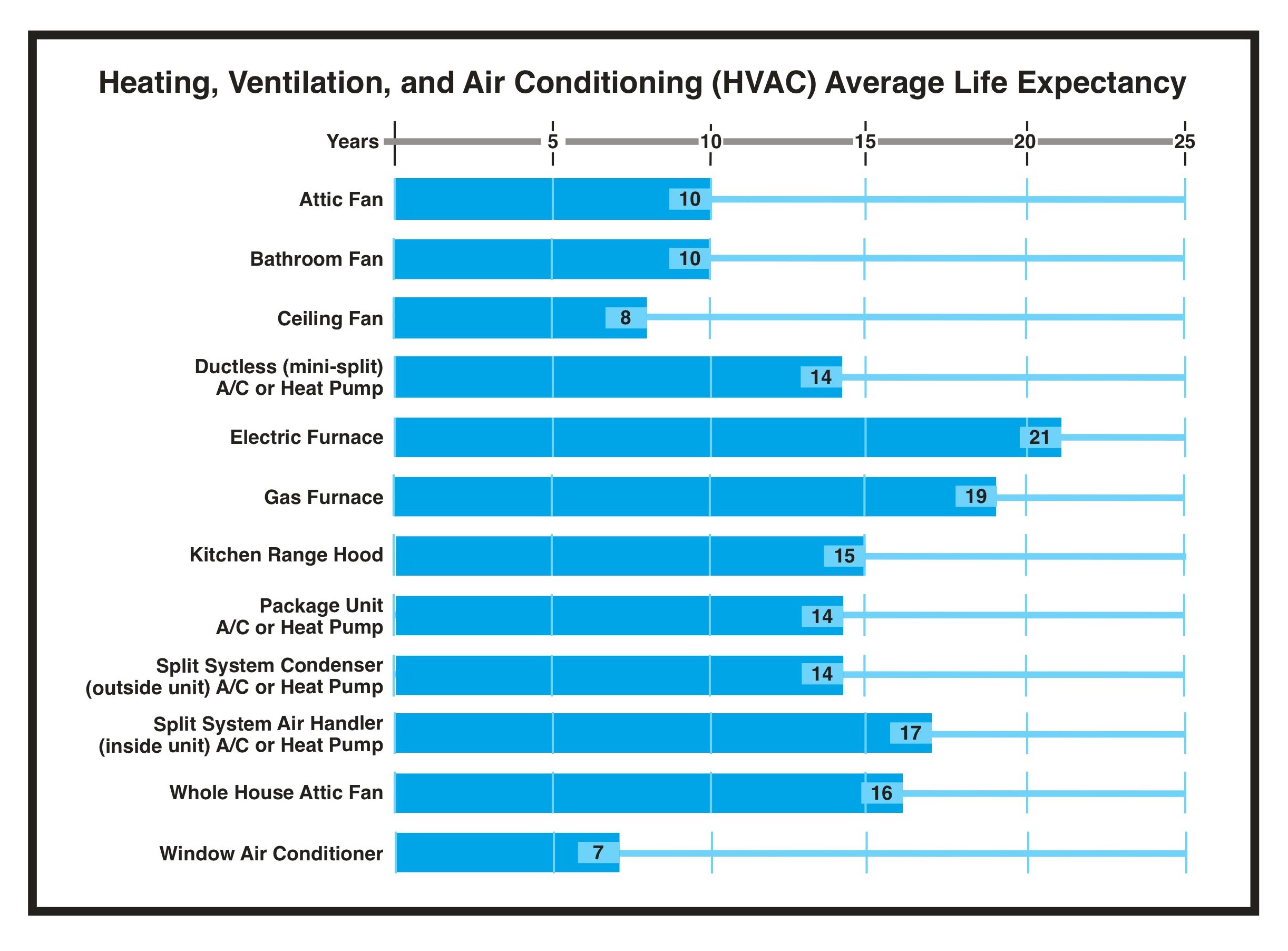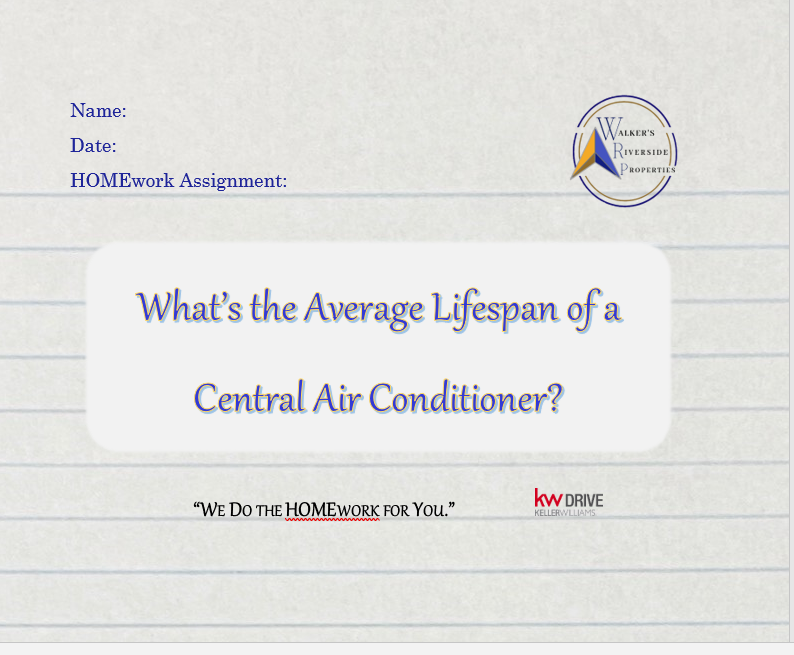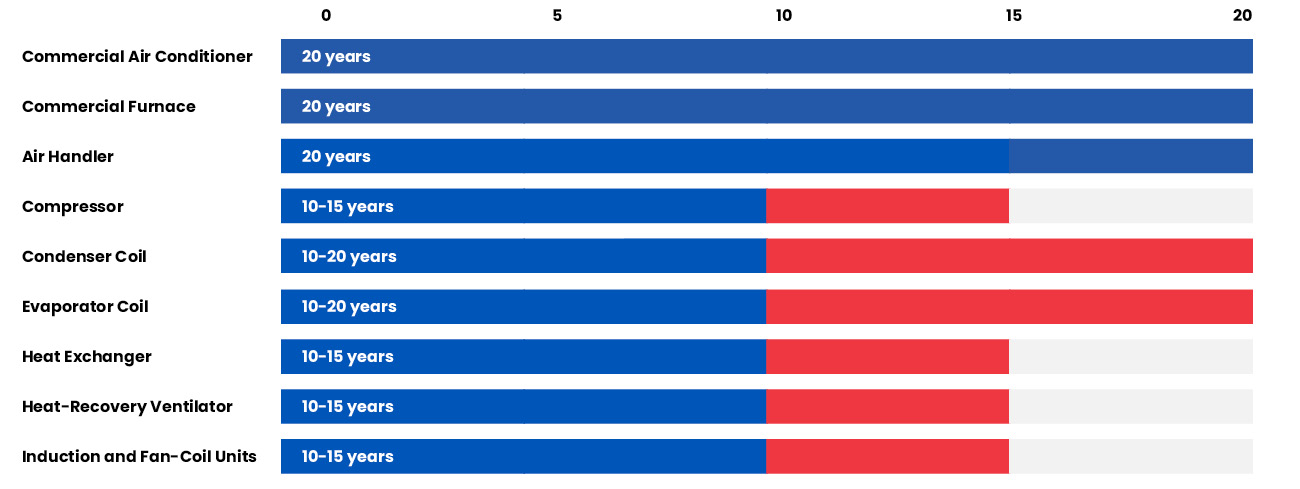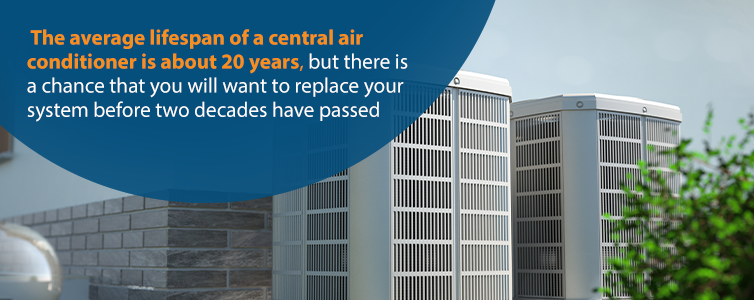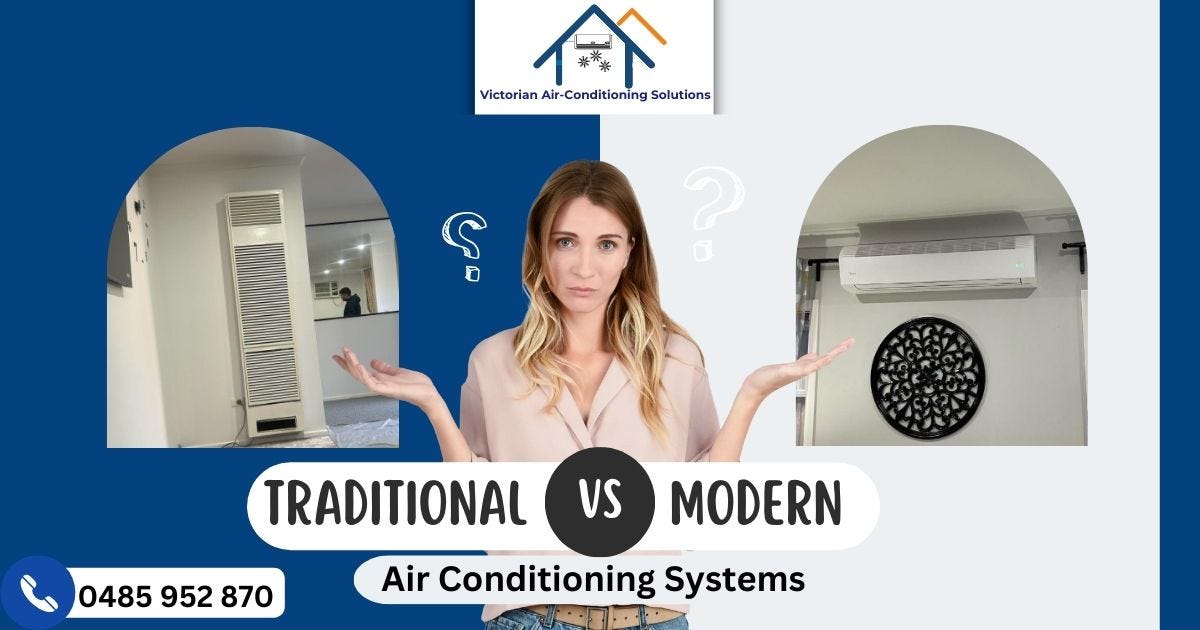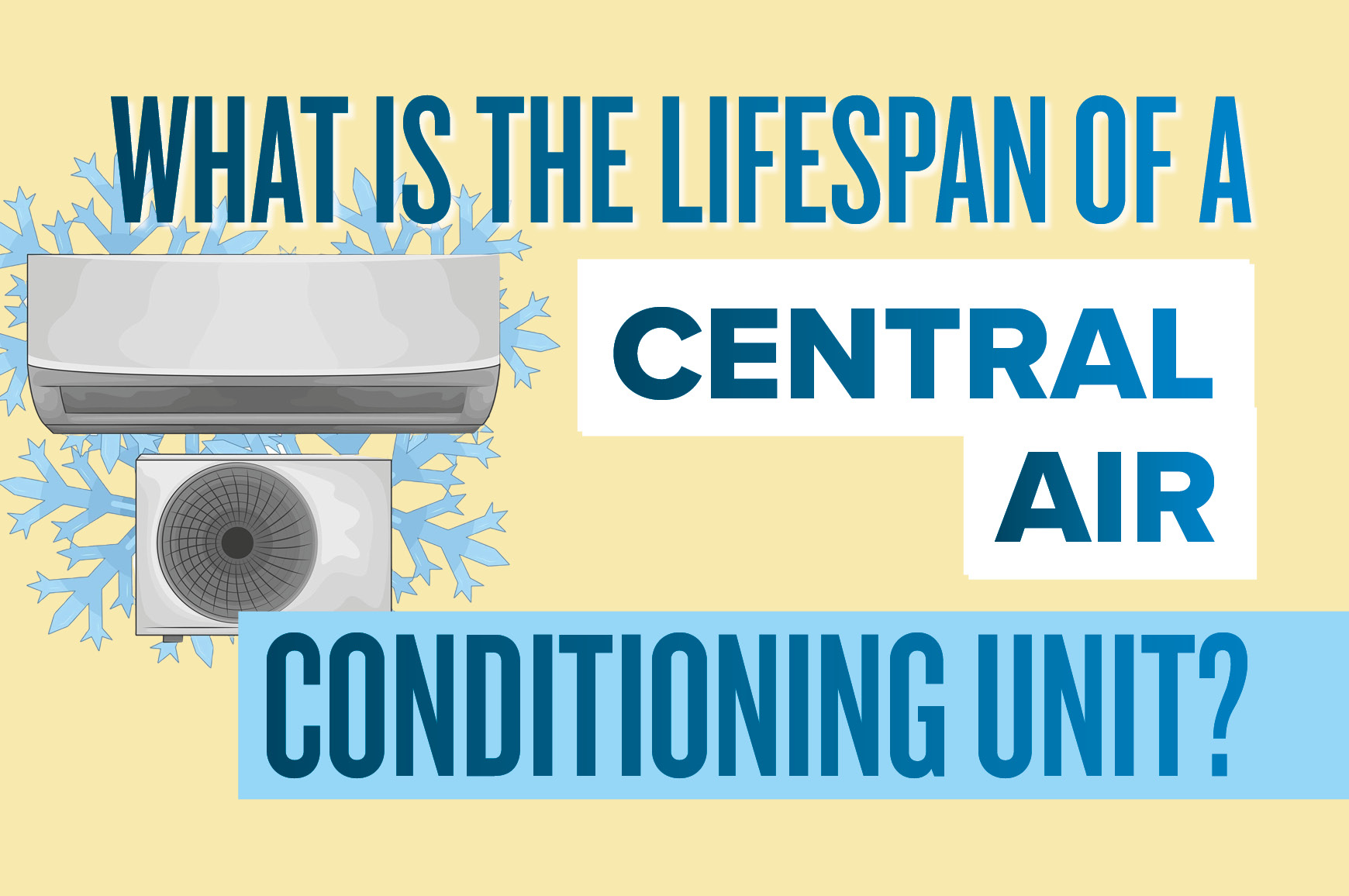Average Life Of Central Air Conditioning

Understanding the lifespan of a central air conditioning system is crucial for HVAC professionals, homeowners, and employers alike. Knowing when to repair, replace, and properly maintain these systems directly impacts efficiency, cost-effectiveness, and customer satisfaction. Let's delve into the factors that affect the longevity of central AC units, explore career paths in the HVAC industry, and discuss the importance of certifications.
Average Lifespan of Central Air Conditioning Systems
Generally, a central air conditioning system lasts between 15 to 20 years. However, this is just an average. Several factors can either shorten or extend this timeframe. These include:
- Maintenance: Regular maintenance is the single most important factor. Neglecting routine tasks like filter changes, coil cleaning, and professional inspections can significantly reduce lifespan.
- Usage: AC units that run constantly in hot climates will naturally experience more wear and tear than those used sparingly.
- Installation Quality: A poorly installed system is prone to problems from the start. Improper sizing, leaky ductwork, and incorrect refrigerant charge can all lead to premature failure.
- Climate: Coastal areas with salty air can accelerate corrosion, while areas with extreme temperature swings put added stress on components.
- Quality of the Unit: Higher-quality units from reputable manufacturers often have better components and construction, leading to longer lifespans.
For example, an AC unit in Arizona running constantly during the summer might only last 12-15 years if poorly maintained. Conversely, a high-quality unit in a milder climate with diligent maintenance could easily reach 20+ years.
Signs Your AC Unit is Approaching the End of Its Life
Recognizing the signs of a failing AC system can help homeowners and technicians make informed decisions about repair or replacement:
- Age: If your unit is 15 years or older, it's nearing the end of its expected lifespan, regardless of performance.
- Frequent Repairs: Constantly needing repairs, especially for major components like the compressor, indicates a system struggling to function.
- Decreased Efficiency: Rising energy bills without a change in usage patterns suggest declining efficiency.
- Uneven Cooling: If some rooms are cooler than others, it could indicate problems with airflow or refrigerant leaks.
- Strange Noises: Unusual noises like grinding, banging, or hissing can signal mechanical problems.
- Weak Airflow: Reduced airflow can be a sign of a failing blower motor or blocked ductwork.
Career Paths in the HVAC Industry
The HVAC industry offers a wide range of career paths, from entry-level positions to highly specialized roles. Here's a look at some common options:
- HVAC Technician: This is the most common role, involving installation, maintenance, and repair of heating, ventilation, and air conditioning systems. HVAC technicians work in residential, commercial, and industrial settings.
- HVAC Installer: Installers focus specifically on installing new HVAC systems, ensuring proper sizing, ductwork, and connections.
- HVAC Service Technician: These technicians specialize in diagnosing and repairing existing systems, often responding to emergency calls.
- HVAC Sales Engineer: Sales engineers work with clients to design and recommend HVAC solutions, requiring strong technical knowledge and sales skills.
- HVAC Project Manager: Project managers oversee HVAC projects from start to finish, ensuring they are completed on time and within budget.
- HVAC Design Engineer: Design engineers develop blueprints and specifications for HVAC systems, requiring a strong understanding of engineering principles.
- HVAC Business Owner/Entrepreneur: Many experienced technicians eventually start their own HVAC businesses, requiring strong business acumen in addition to technical skills.
Job Outlook: The Bureau of Labor Statistics projects strong growth for HVAC mechanics and installers, with a projected growth of 6% from 2022 to 2032, about as fast as the average for all occupations. This growth is driven by increasing demand for energy-efficient systems and the need to replace aging equipment.
Salary Ranges: According to the Bureau of Labor Statistics, the median annual wage for HVAC mechanics and installers was $59,620 in May 2023. The lowest 10 percent earned less than $36,870, and the highest 10 percent earned more than $97,690. Salaries vary depending on experience, location, and specialization. For example, a senior HVAC engineer in a major metropolitan area could earn significantly more than a entry-level technician in a rural area.
The Importance of HVAC Certifications
Certifications are essential for demonstrating competency and professionalism in the HVAC industry. They not only enhance your resume but also increase your earning potential and open doors to more advanced career opportunities.
- EPA Section 608 Certification: This certification is required by the Environmental Protection Agency (EPA) for anyone who handles refrigerants. It ensures technicians understand the proper procedures for handling and disposing of refrigerants to protect the environment.
- NATE (North American Technician Excellence) Certification: NATE certification is a highly respected industry credential that demonstrates a technician's knowledge and skills in specific areas, such as installation, service, and efficiency. NATE offers certifications for various specialties, including air conditioning, heating, and refrigeration.
- HVAC Excellence Certifications: HVAC Excellence offers a range of certifications for technicians, instructors, and programs, focusing on quality education and training.
- State and Local Licensing: Many states and municipalities require HVAC technicians to be licensed, which typically involves passing an exam and meeting certain experience requirements.
Real-World Example: Consider Sarah, a recent HVAC graduate. She obtained her EPA 608 certification and NATE certification in air conditioning. This allowed her to secure a higher-paying job at a reputable HVAC company and quickly advance to a service technician role. Her certifications also gave her a competitive edge when bidding on independent contracting jobs.
Maintenance and Best Practices for Extending AC Lifespan
Proper maintenance is key to maximizing the lifespan of a central air conditioning system. Here are some essential best practices:
- Regular Filter Changes: Changing the air filter every 1-3 months is crucial for maintaining airflow and preventing dust and debris from clogging the system.
- Coil Cleaning: Dirty evaporator and condenser coils reduce efficiency and can lead to overheating. Clean the coils annually or more frequently if needed.
- Professional Inspections: Schedule annual inspections by a qualified HVAC technician to identify and address potential problems before they become major issues.
- Ductwork Inspection and Sealing: Leaky ductwork can waste energy and reduce cooling efficiency. Inspect ductwork for leaks and seal them with mastic sealant or metal tape.
- Refrigerant Charge Check: Low refrigerant levels can damage the compressor and reduce cooling capacity. Have a technician check the refrigerant charge and add refrigerant if needed.
- Clear Debris Around Outdoor Unit: Keep the area around the outdoor unit clear of vegetation, debris, and obstructions to ensure proper airflow.
Example: A homeowner who diligently follows these maintenance practices can expect their AC unit to last closer to 20 years, while someone who neglects maintenance might only get 12-15 years of service.
Choosing the Right AC System and Installation
Selecting the right AC system and ensuring proper installation are critical for long-term performance and efficiency. Consider the following factors:
- Sizing: An improperly sized AC unit can lead to short cycling, poor efficiency, and premature wear. Consult with an HVAC professional to determine the appropriate size for your home or building.
- SEER Rating: The Seasonal Energy Efficiency Ratio (SEER) rating indicates the unit's energy efficiency. Higher SEER ratings mean lower energy bills.
- Brand Reputation: Choose a reputable brand known for quality, reliability, and customer support.
- Installer Experience: Hire a qualified and experienced HVAC installer with a proven track record. Check their references and ensure they are licensed and insured.
Scenario: Two homeowners purchase the same AC unit. One hires an experienced installer who properly sizes the unit and installs it according to manufacturer specifications. The other hires a less experienced installer who makes mistakes during installation. The first homeowner enjoys optimal performance and efficiency, while the second homeowner experiences problems from the start, ultimately shortening the unit's lifespan.
Conclusion
The lifespan of a central air conditioning system is influenced by a combination of factors, including maintenance, usage, installation quality, climate, and the quality of the unit itself. By understanding these factors and implementing best practices, homeowners and technicians can maximize the lifespan of AC systems and ensure efficient and reliable performance. For HVAC professionals, continuous learning, certifications, and a commitment to quality workmanship are essential for career advancement and success in this growing industry.
